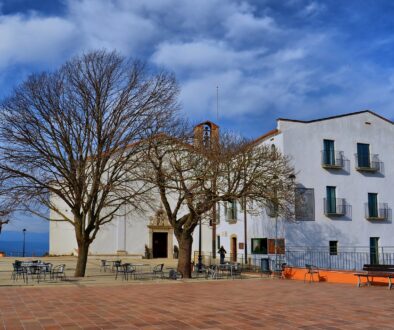Confucius / K’ung Fu Tzu
Analectes / Selected Sayings-479
When the natural prevails over the culture, it gives a savage; when culture prevails over the natural, it gives a pedant. The exact balance of the natural and the culture produces the honest man.
Reference
Confucius. Analectes / Selected Sayings
The name “Confucius” is a Latinized form of the Mandarin Chinese “Kǒng Fūzǐ” (孔夫子, meaning “Master Kǒng”), and was coined in the late 16th century by the early Jesuit missionaries to China.[6] Confucius’s clan name was “Kǒng” (孔; Old Chinese: *[k]ʰˤoŋʔ), and his given name was “Qiū” (丘; OC: *[k]ʷʰə). His “capping name”, given upon reaching adulthood and by which he would have been known to all but his older family members, was “Zhòngní” (仲尼, OC:*N-truŋ-s nr[əj]), the “Zhòng” indicating that he was the second son in his family.
Confucius’s teachings were later turned into an elaborate set of rules and practices by his numerous disciples and followers, who organized his teachings into the Analects. Confucius’s disciples and his only grandson, Zisi, continued his philosophical school after his death. These efforts spread Confucian ideals to students who then became officials in many of the royal courts in China, thereby giving Confucianism the first wide-scale test of its dogma.




